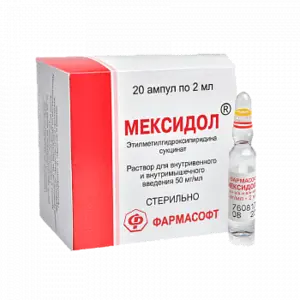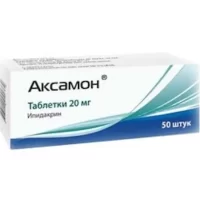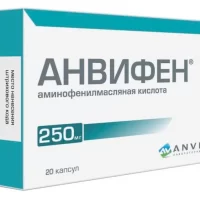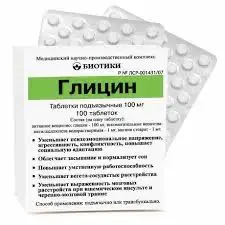Description
Zylaxera Pharmacodynamics
It is believed that the therapeutic activity of aripiprazole in schizophrenia is caused by a combination of partial agonist activity for D2-dopamine and 5NT1a-serotonin receptors and antagonist activity for 5NT2a-serotonin receptors.
Aripiprazole has high in vitro affinity for D2- and D3-dopamine receptors, 5NT1a- and 5NT2a-serotonin receptors and moderate affinity for D1-dopamine, 5NT2c and 5NT7-serotonin, alpha1-adrenoreceptors and histamine H1 receptors.
Aripiprazole is also characterized by moderate affinity for serotonin reuptake sites and no affinity for muscarinic cholinoreceptors. Aripiprazole in animal experiments exhibited antagonism to dopaminergic hyperactivity and agonism to dopaminergic hypoactivity. Some of the clinical effects of aripiprazole may be explained by interactions with receptors other than dopamine and serotonin receptors.
Indications
– Schizophrenia: acute attacks and maintenance therapy;
– Bipolar disorder type I: manic episodes and maintenance therapy to prevent relapse in patients with bipolar disorder type I who have recently had a manic or mixed episode.
Contraindications
– Hereditary galactosemia, lactase deficiency, glucose-galactose malabsorption;
– Under 18 years of age (efficacy and safety have not been established);
– period of lactation;
– Hypersensitivity to aripiprazole or other components of the drug.
Caution: cardiovascular diseases (CHD or myocardial infarction, chronic heart failure or conduction disorders in anamnesis); cerebrovascular diseases; conditions predisposing to the development of arterial hypotension (dehydration, hypovolemia, therapy with hypotensive drugs) due to the possibility of orthostatic hypotension or arterial hypertension, including progressive or malignant. including progressive or malignant; inherited syndrome of prolonged QT interval on ECG; epilepsy, seizures or diseases in which seizures are possible, diabetes mellitus or the presence of risk factors for diabetes mellitus (obesity, family history of diabetes mellitus);
Dosage and administration
- Orally, once/every time, regardless of meals.
- Schizophrenia
The initial dose is 10-15 mg once/ The maintenance dose is 15 mg/. - In clinical studies, the effectiveness of the drug has been shown in doses of 10 to 30 mg/.
- The maximum daily dose is 30 mg/
- Manic episodes in bipolar disorder
The initial dose is 15-30 mg/. - If necessary, the dose is adjusted at intervals of at least 24 hours. Clinical studies have demonstrated the efficacy of the drug in doses of 15-30 mg/ for manic episodes when taken for 3-12 weeks. The safety of doses above 30 mg/ has not been evaluated in clinical studies. When observing patients with type 1 bipolar disorder who had a manic or mixed episode and who experienced stabilization of symptoms on aripiprazole (15 mg/ or 30 mg/) for 6 months and then for 17 months, favorable effects of such maintenance therapy have been established. Patients should be periodically evaluated to determine whether continuation of maintenance therapy is necessary.
- Renal insufficiency and hepatic failure (grade A and B according to the Child-Pugh classification) – no dose adjustment is required. Severe hepatic insufficiency (class C according to the Child-Pugh classification) – it is recommended to choose the drug dose cautiously and use the maximum daily dose of 30 mg with caution.
- There is limited experience with the use of the drug in patients over 65 years of age.
- Given the greater susceptibility of this patient population and in the presence of alarming clinical factors, treatment should be started with lower doses.





